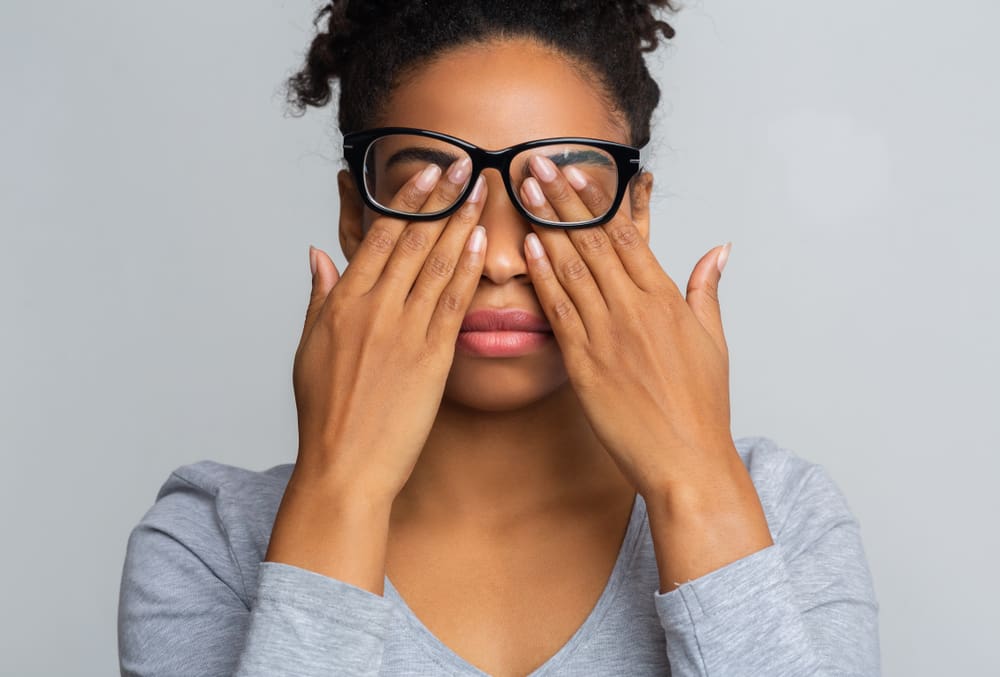In the realm of bodily quirks, few experiences are as disconcerting and curious as the sensation of your eye jumping or twitching. This phenomenon, medically referred to as myokymia, is commonly experienced by many and can range from a mild, hardly noticeable flicker to a more pronounced and distracting twitch. Understanding what your eye jumping signifies about your health can unravel some of the mystery behind this peculiar occurrence and provide insights into your overall wellbeing.
Introduction
At some point, you might have felt your eye involuntarily twitching or jumping, leaving you bewildered and perhaps a tad concerned. This sensation, often appearing out of nowhere, can lead you down a rabbit hole of health-related questions. Is it a sign of something serious? Could it be an indicator of stress, fatigue, or perhaps an underlying health condition? In this comprehensive exploration, we aim to demystify the causes behind eye jumping and what it reveals about your health. By delving into the medical, lifestyle, and environmental factors that can trigger this phenomenon, this article not only seeks to inform but also to reassure and guide you toward understanding your body’s signals.
Understanding Eye Jumping
Before diving into the causes and implications of eye jumping, it’s crucial to understand what exactly is happening when your eye twitches. Myokymia, the technical term for this condition, involves involuntary contractions or spasms of the eyelid muscle. These spasms are usually harmless and transient, affecting the upper or lower eyelid of one eye.
Common Causes of Eye Jumping
Several factors can contribute to eye jumping, ranging from benign to more serious conditions. Here are some of the most common culprits:
– Stress: Often considered a primary factor, stress can trigger various physical responses, including eye twitching.
– Fatigue: Lack of sleep or exhaustion can lead to eye jumping, highlighting the body’s need for rest.
– Eye Strain: Prolonged screen time or intense focus on visual tasks can strain the eyes, potentially causing twitching.
– Caffeine and Alcohol: High consumption of caffeine or alcohol has been linked to increased instances of eye twitching.
– Nutritional Imbalances: Deficiencies in certain minerals, such as magnesium, might contribute to twitching.
– Allergies: For some, eye allergies can lead to twitching by causing irritation and an urge to rub the eyes.
When to Consult a Doctor
While eye jumping is usually harmless, there are situations where it might indicate a more serious condition. If you experience any of the following, it’s advisable to seek medical advice:
– Persistent twitching that doesn’t subside over several weeks.
– Twitching that extends to other parts of your face or body.
– A completely closed eyelid or difficulty opening the eye.
– Redness, swelling, or discharge from the eye.
Lifestyle and Environmental Adjustments
Addressing eye jumping often involves simple lifestyle or environmental adjustments. Here are strategies that can help mitigate this condition:
Stress Management and Sleep
Implementing stress-reduction techniques, such as mindfulness, yoga, or deep breathing exercises, can alleviate eye twitching. Ensuring adequate rest and adopting a consistent sleep schedule are also beneficial.
Screen Time and Eye Strain
To reduce eye strain, follow the 20-20-20 rule: every 20 minutes, look at something 20 feet away for at least 20 seconds. Adjusting screen brightness and ensuring proper lighting can also help.
Diet and Hydration
Maintaining a balanced diet rich in essential nutrients and staying hydrated can prevent twitching caused by nutritional deficiencies or dehydration.
Limiting Stimulants
Reducing the intake of caffeine and alcohol may help decrease the frequency of eye twitching.
Conclusion
Eye jumping, while often a benign and temporary annoyance, serves as a reminder of our body’s intricate connection to our lifestyle, environment, and overall health. By understanding the potential causes and implementing practical adjustments, most individuals can alleviate this condition effectively. However, it’s essential to remain vigilant. If your eye twitching persists or is accompanied by other symptoms, consulting a healthcare professional is a prudent step to rule out more serious health issues. Ultimately, paying attention to this and other bodily signals is key to maintaining both your ocular and general health, ensuring that minor twitches don’t overshadow your well-being.
This story was created using AI technology.














